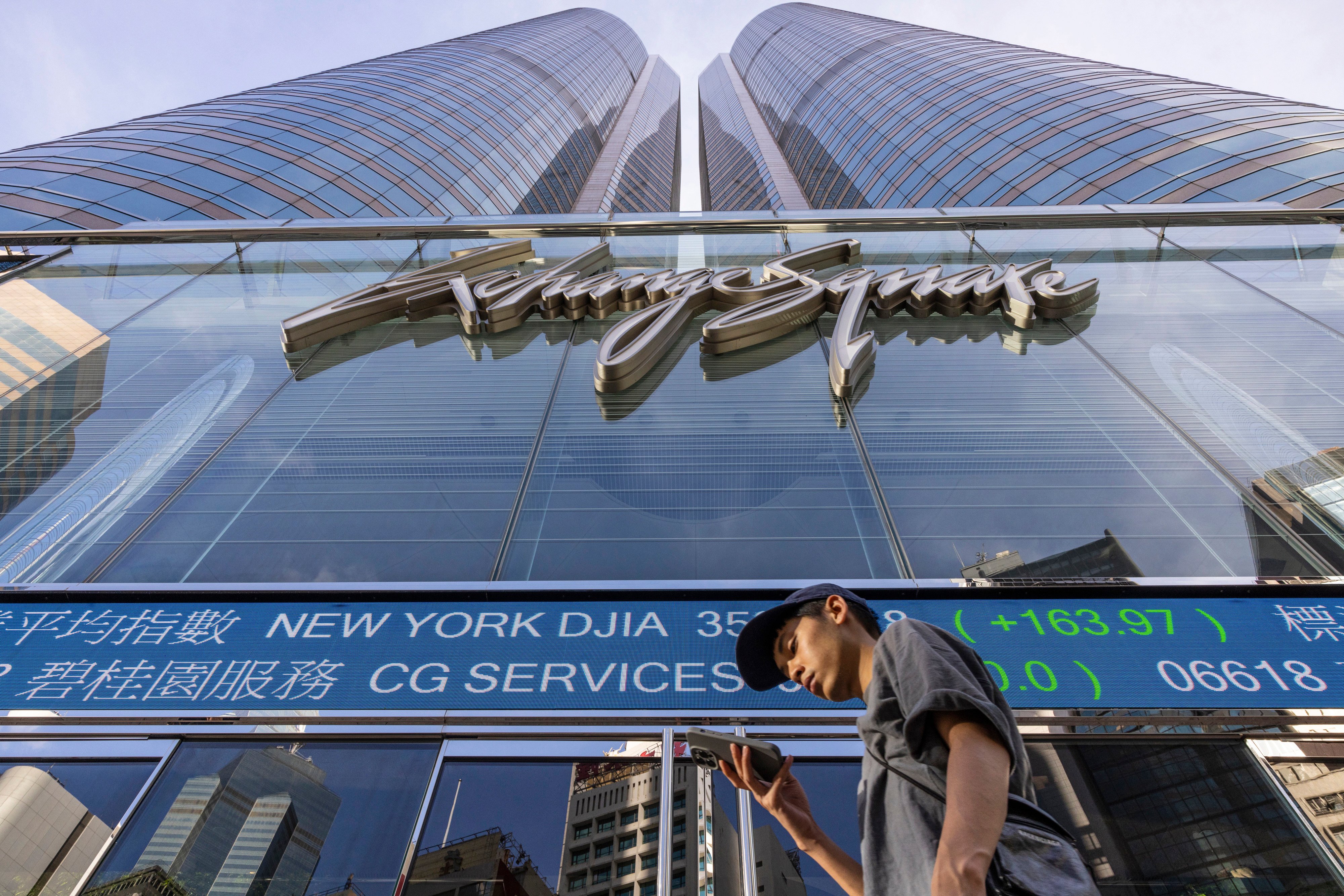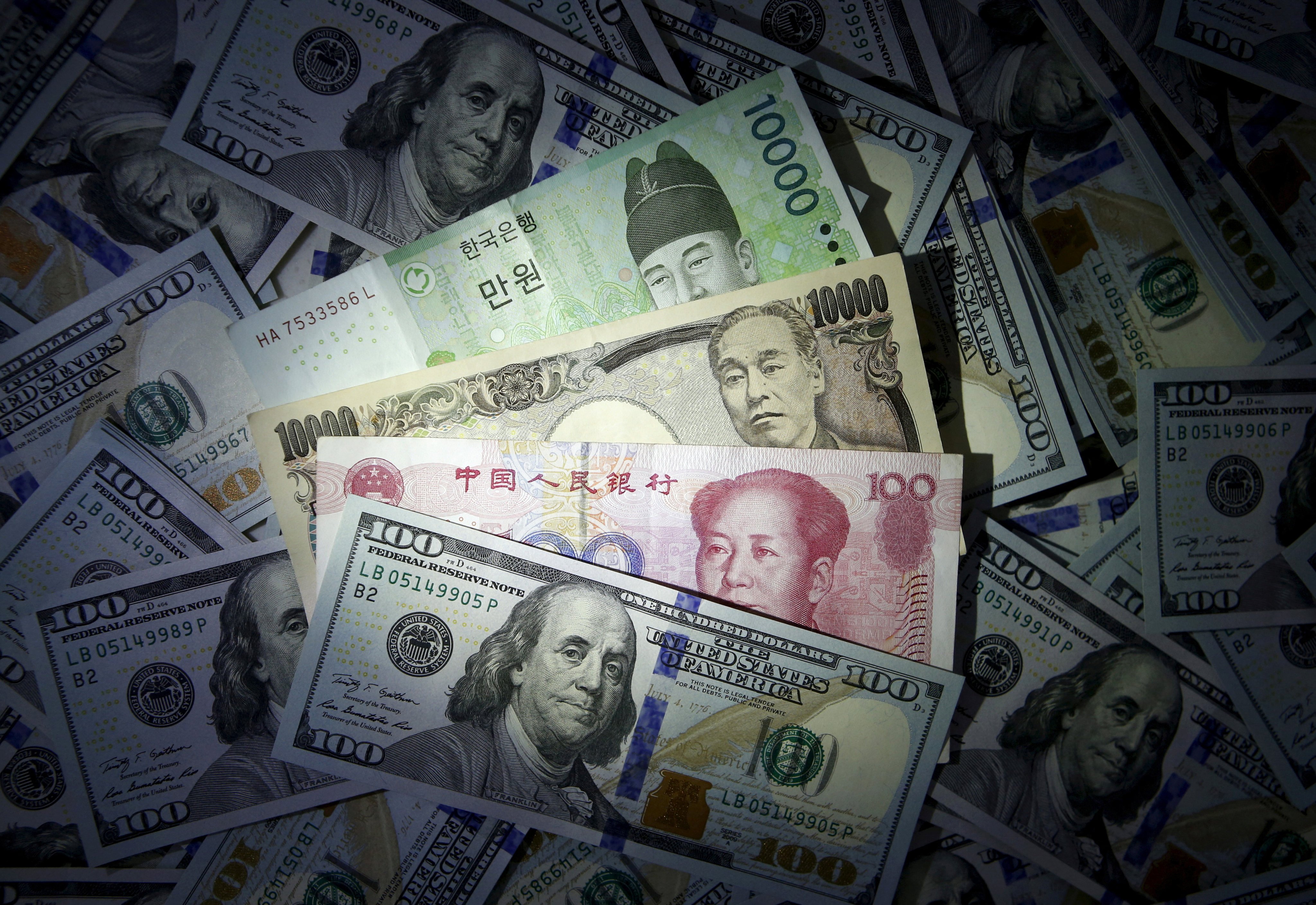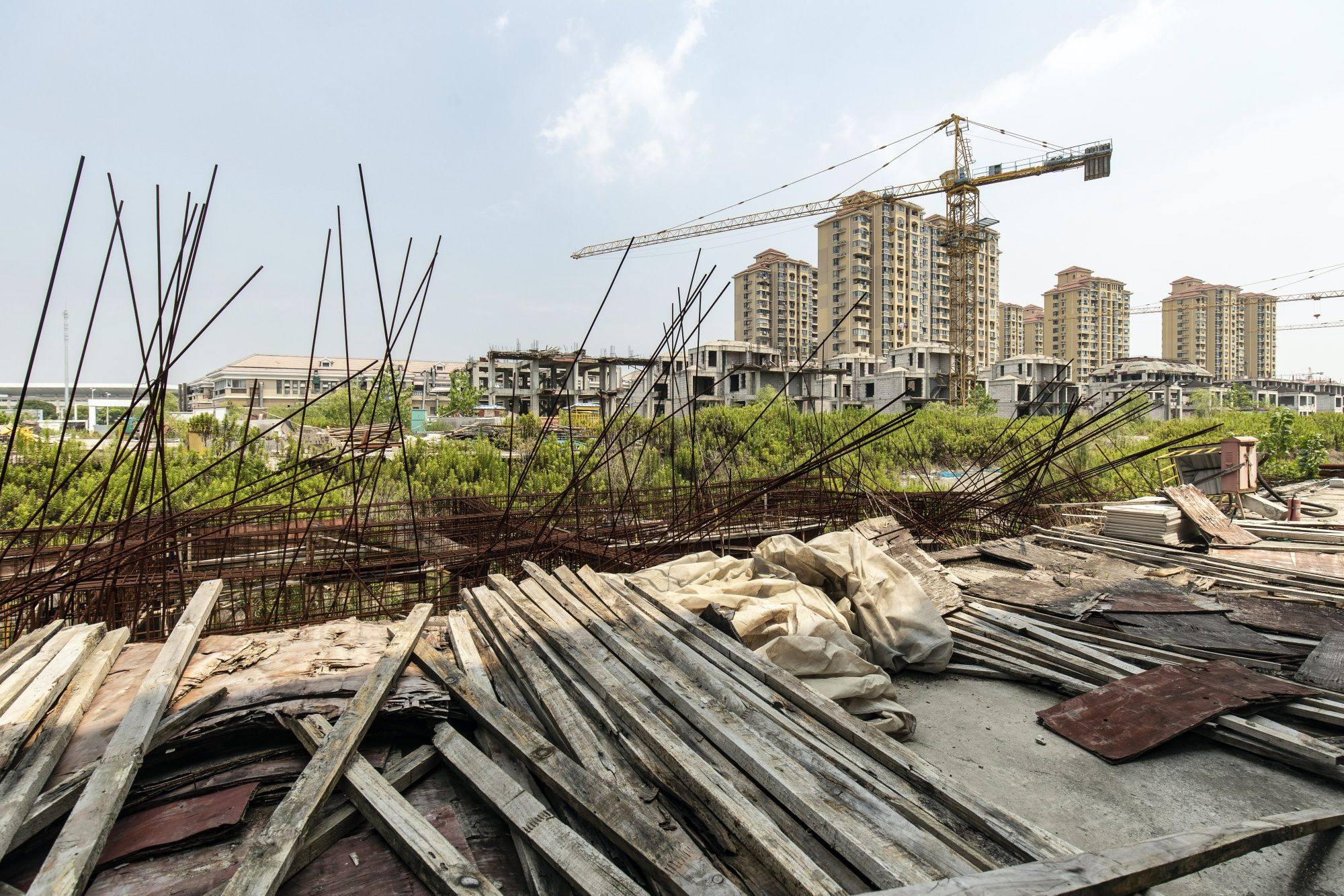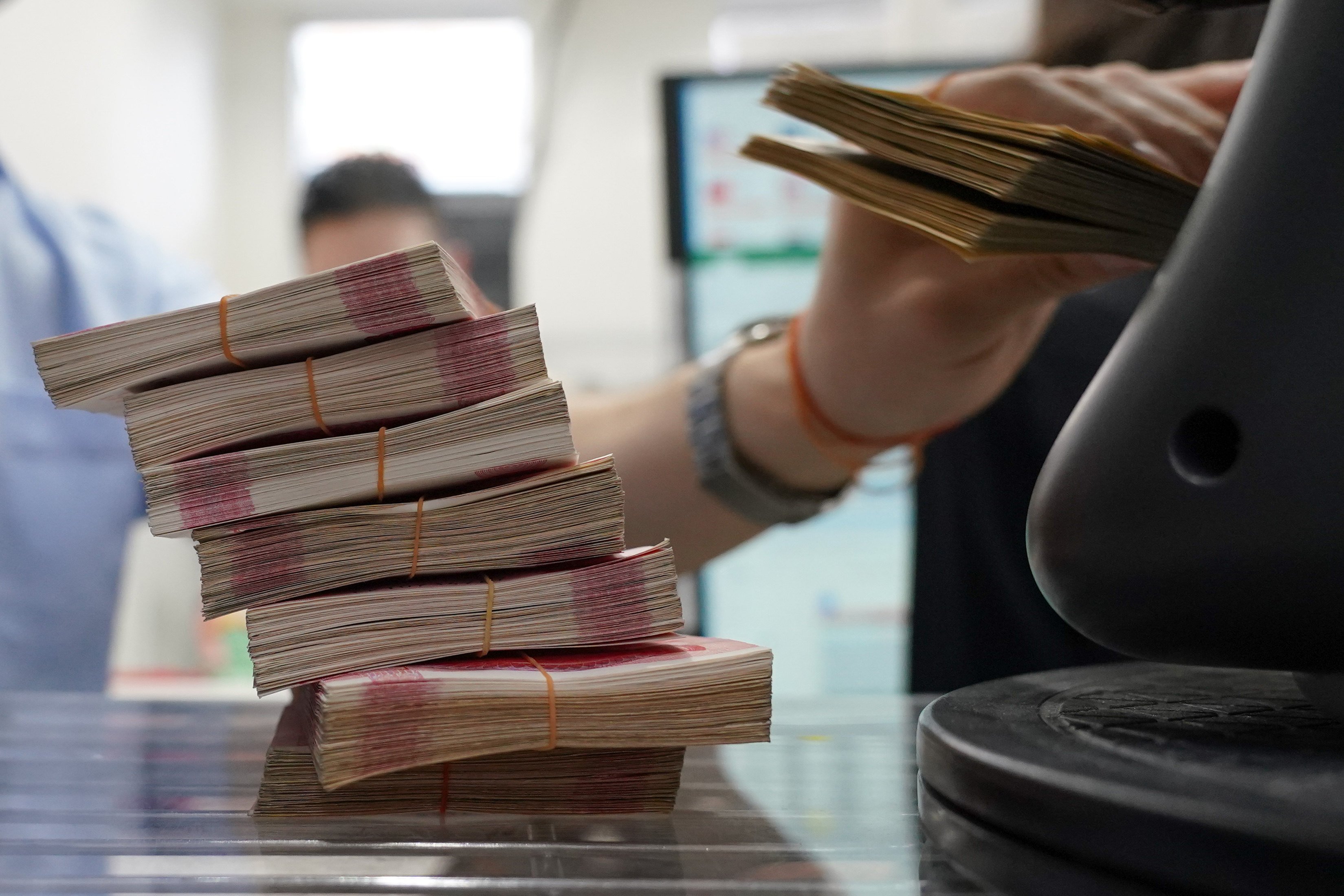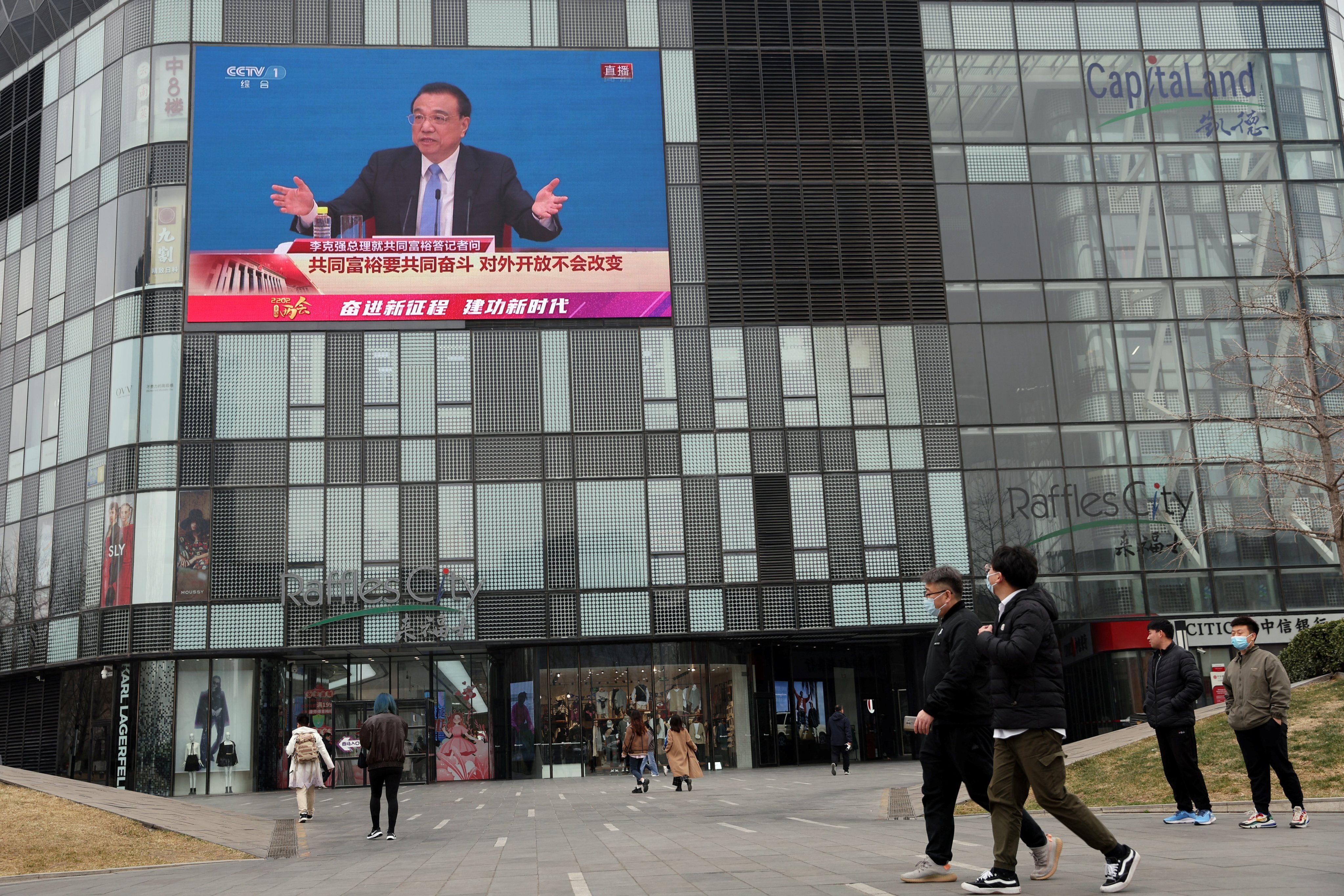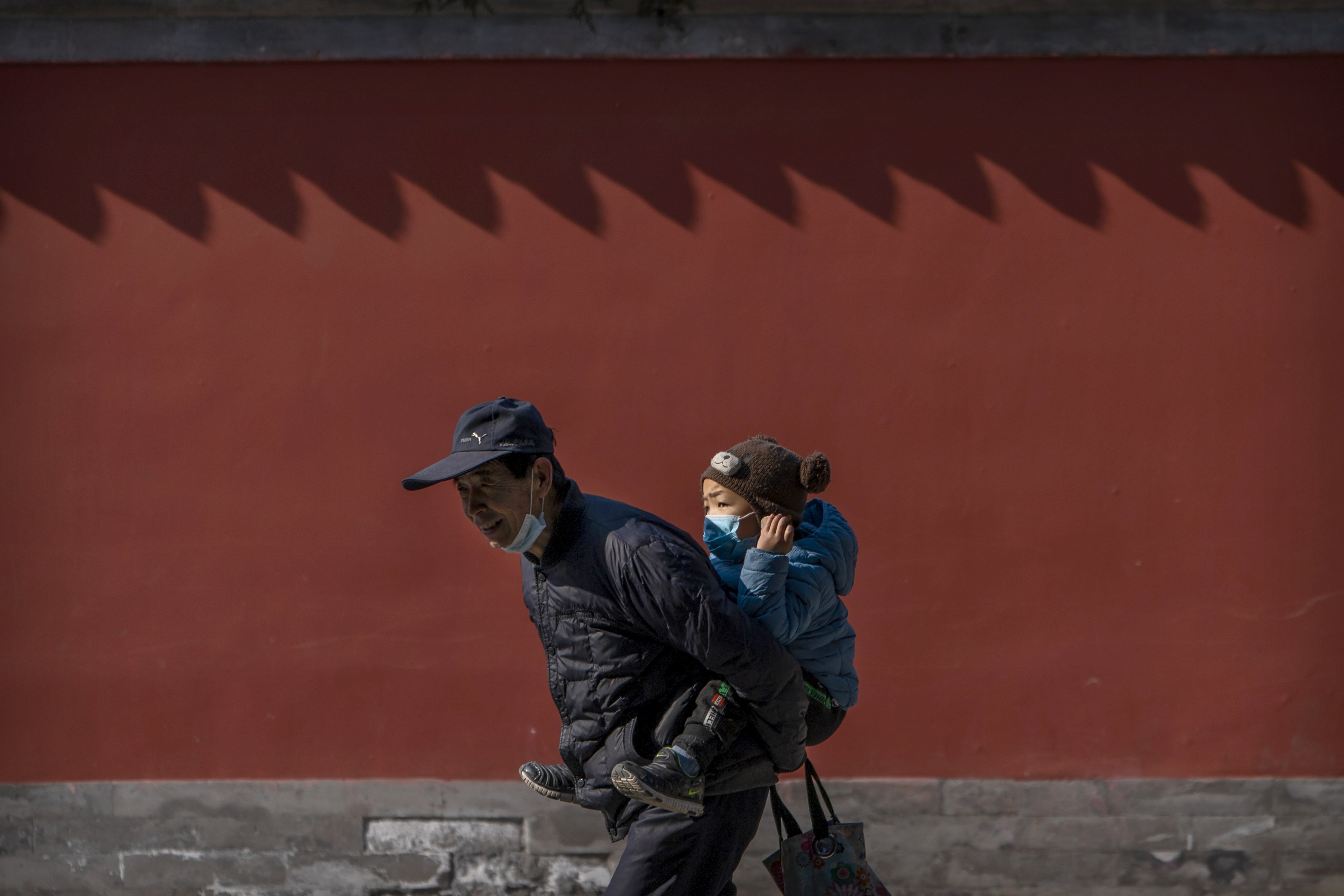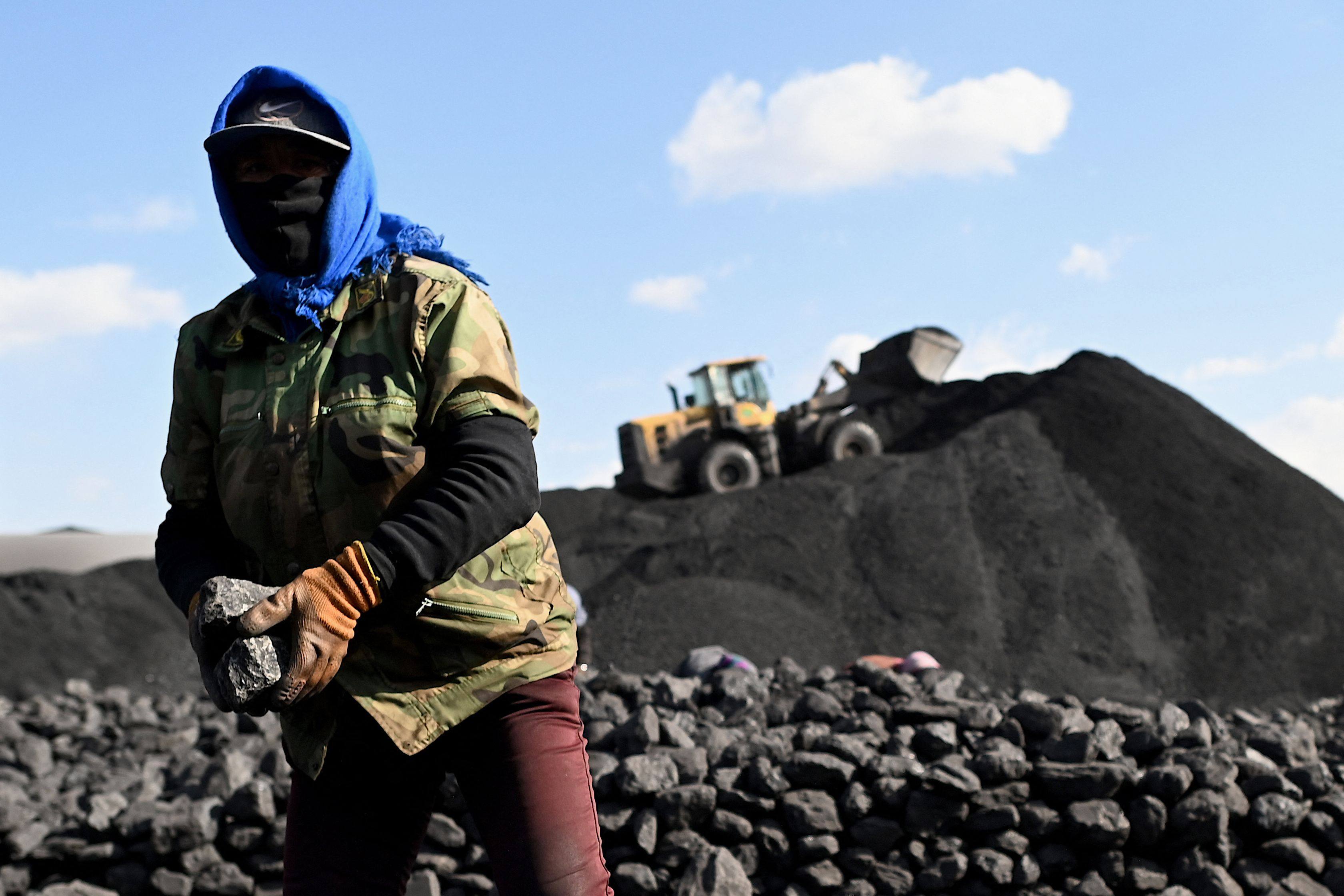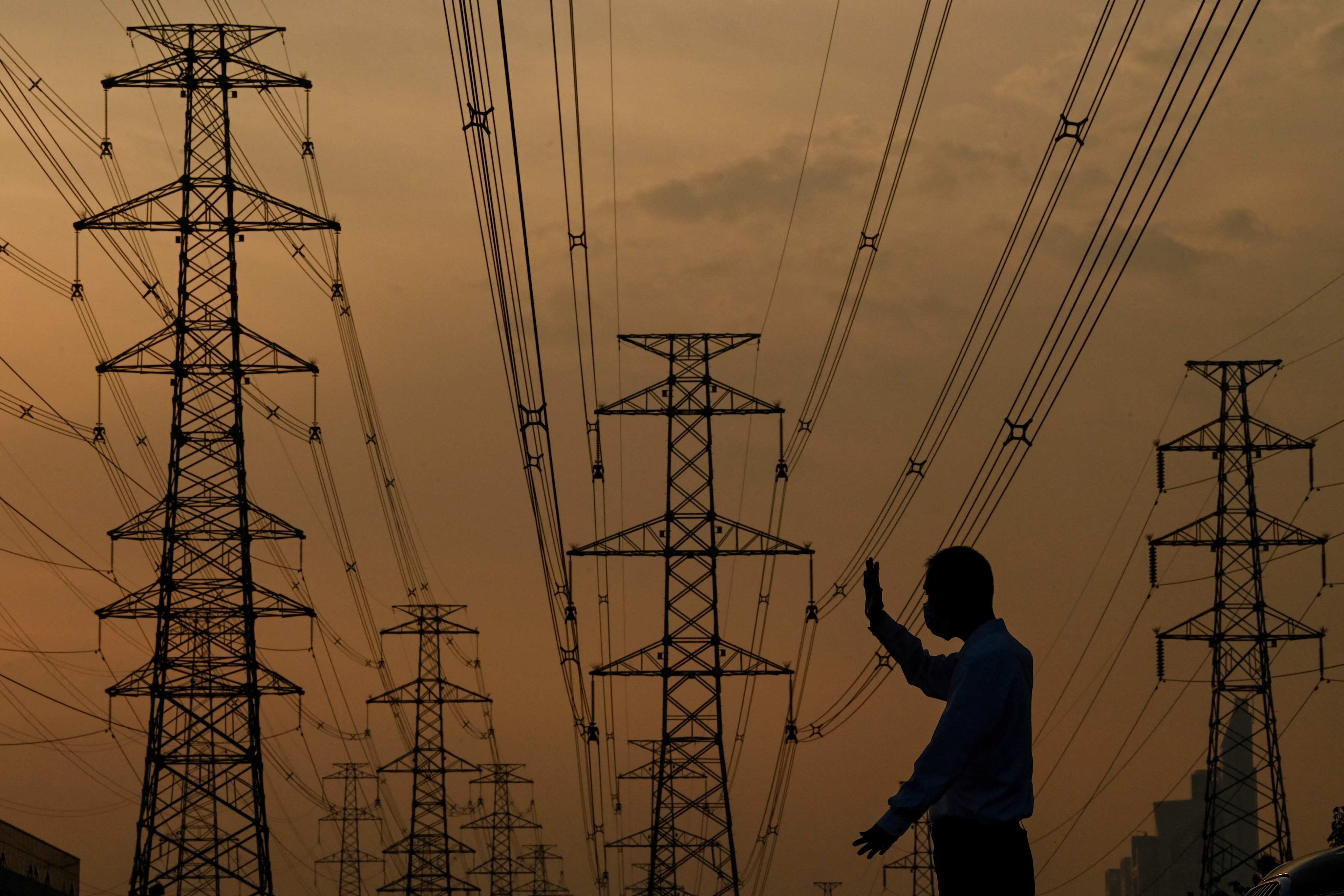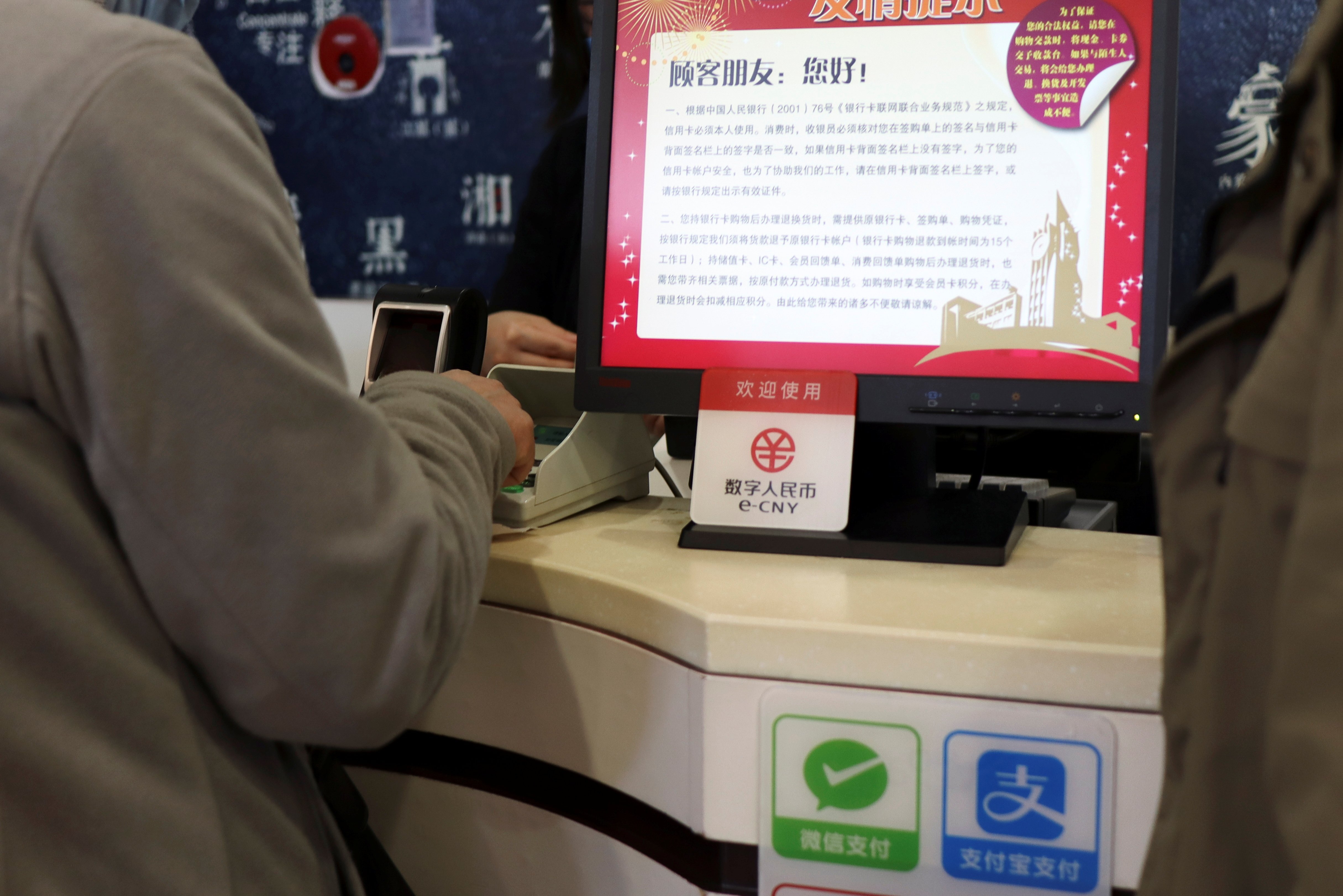
Amid support from US rates and Chinese policies, investors are finally showing interest in Hong Kong stocks again. It’s still far from the market’s heyday but the path has not been this clear for years.
Chinese EV companies’ market capitalisation has underperformed relative to global peers, primarily due to cutthroat competition, even as the industry grapples with overcapacity. Nevertheless, EVs are expected to play a pivotal role in China’s structural economic shift.
As the spotlight has drifted away from China, global investors have turned to alternative Asian growth stories, particularly Japan and India. Japan has been bolstered by efficiency and productivity gains, while India has drawn investors with its demographics and potential for longer-term growth.
With recent economic data overwhelmingly gloomy, policymakers can be expected to try and nudge the economy back on track, through both monetary and fiscal tools. Any support measures are also likely to fall in line with Chinese leaders’ push for high-quality development.
Recent events suggest several major developing economies are eager to move away from the US dollar, but evidence of a widespread shift is lacking. If the US dollar is going to be dethroned, it will be because America falls behind in economic heft and competitiveness, not by geopolitical manoeuvring.
Never has an emerging market been so influential in the global economy; the scale of China’s markets demands its own analysis framework. To grasp the next stage of China’s development, investors must take it for what it is – nearly the world’s largest economy and one of its largest and most diverse markets.
Given policy goals, we can expect more deleveraging to manage loan risks even as Beijing prioritises homebuyers and supports cash-strapped local governments. But don’t expect a return to the ‘high leverage, high growth’ model.
Washington is taking a leaf out of Beijing’s book by pouring state funds into technology development, with a focus on semiconductors. Yet, while both the US and mainland China are striving for greater self-reliance, catching up with Taiwan in advanced chip-making remains a challenge.
While sharp depreciation is unlikely, short-term pressures on the yuan will remain as China’s economy tries to rebound from pandemic. Market watchers should keep an eye on China’s central bank and see how it tries to maintain support while also supplying monetary stimulus.
While the PBOC resisted following the Fed in enacting monetary easing at the start of the pandemic, it must now change course to meet its ambitious 2022 growth target of 5.5 per cent. As the Fed prepares to tighten policy to tackle high inflation, it may be a sign of things to come for Beijing.
Shifting demographics are not necessarily bad news for China, provided it continues to move away from manufacturing towards a more productive digital economy. Investment in services and technology, particularly those needed to support an ageing population, can ease workforce pressures and improve standards of living.
Chinese policymakers face tough decisions as recent events have shown the country will still depend on coal for some time. There is still much to do, but substantial progress in the shift to renewable energy offers hope.
While energy and commodity investments are a good hedge against inflation, recent prices are very high. It’s likely that the worst of the energy crisis is behind us in China, though the near-term outlook is less certain in the US and Europe.
As Beijing tries to manage property market debt fears, the central bank has laid out a road map to create a high-yield bond market, a welcome development for investors and a sign of further opening up.
Improving the lot of the less well-off could boost consumption and drive capital towards ‘policy-friendly’ sectors such as electric cars and green energy. Most at risk are entertainment companies in gaming and live streaming, while those offering public services such as health or housing can expect greater scrutiny.
Washington’s ban may cause some near-term supply chain disruption for solar panels. But with Beijing’s carbon neutrality goal, solar and wind energy manufacturing and installation can only accelerate in China.
Falling birth and marriage rates represent longer-term headwinds for the Chinese property market. Changes in access to investment products may also drive investors away from real estate as an asset class.
The digital yuan offers stability and convenience that most popular cryptocurrencies do not, offering businesses convenience and improved risk management. It can also simplify cross-border transactions and promote overseas circulation of the renminbi
Tesla is about the only foreign electric vehicle maker making top sales in China amid intense local competition and price cuts. But with their focus on the domestic market, Chinese electric carmakers are unlikely to become global names any time soon.
